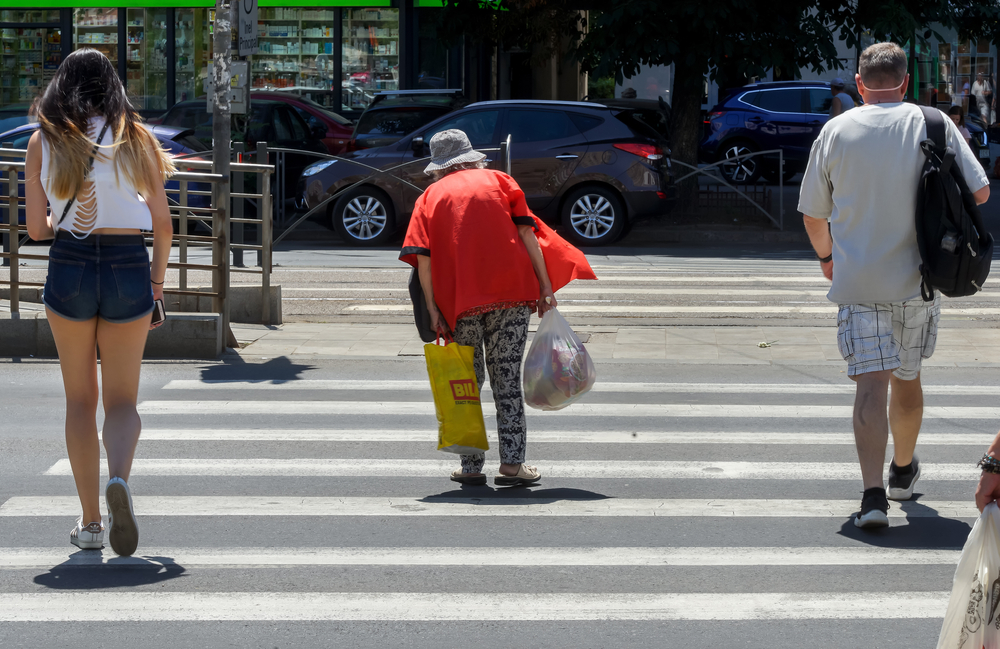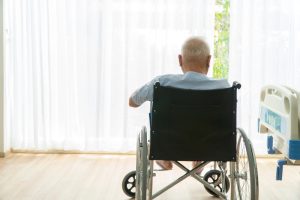Southeast Asia’s sweltering heat demands effective strategies for staying cool.
As the hot season approaches, we offer tips on coping with a heatwave, explores health risks associated with extreme heat, and highlights essential precautions to protect yourself and your loved ones.
Temperature Trends in Southeast Asia
In recent years, Southeast Asia has experienced increasing temperatures. Indonesia, Thailand, and the Philippines have recorded highs of 39 °C, 44 °C, and 42 °C, respectively.
Such high temperatures can pose severe health risks, particularly for vulnerable groups.
The climate crisis has led to unprecedented temperature increases, making it increasingly challenging for even those accustomed to heat to cope. This surge in temperatures can strain infrastructure, posing unique difficulties for communities across Southeast Asia.
Medical Health Risks of Prolonged Heat Exposure
The prolonged exposure to extreme heat can lead to a variety of medical health risks, making it crucial to understand their symptoms and preventative measures.
- Heatstroke is the most severe heat-related illness. It occurs when the body’s temperature rises to 40 °C or higher. Symptoms include confusion, rapid heartbeat, and unconsciousness. Immediate medical attention is crucial for survival.
- Heat exhaustion is a milder heat-related illness. Symptoms include excessive sweating, dizziness, and nausea. If left untreated, heat exhaustion can progress to heatstroke.
- Prolonged heat exposure can lead to dehydration. It occurs when the body loses more fluids than it takes in. Symptoms include thirst, fatigue, and dark-coloured urine. In severe cases, dehydration can lead to kidney failure and death.
- Heat cramps are painful muscle spasms resulting from electrolyte imbalances. They typically affect the legs, arms, and abdominal muscles.
- Certain individuals are more vulnerable to heat-related illnesses. High-risk groups include:
-
- Infants and young children
- Elderly individuals
- Pregnant and nursing women
- People with chronic illnesses
- Outdoor workers
Tips for Staying Cool During a Heatwave
As heatwaves become more frequent due to climate change, it’s essential to adopt effective strategies to stay cool and maintain well-being during these challenging periods. The following tips will help you and your loved ones stay comfortable and safe during extreme heat events.
Stay Hydrated: Drink plenty of fluids, particularly water, throughout the day. Avoid excessive caffeine and alcohol consumption, as they can contribute to dehydration.
Dress Appropriately: Wear loose, lightweight, and light-coloured clothing to promote air circulation and reflect sunlight.
Limit Outdoor Activities: Plan outdoor activities during the cooler parts of the day, like early morning or late evening. Take frequent breaks in the shade if you must be outside during peak heat hours.
Stay Indoors: Preferably in air-conditioned environments, during the hottest parts of the day. If you don’t have access to air conditioning, visit public places like shopping malls or libraries to stay cool.
Block Out the Sun: Keep curtains and blinds closed during the day to block out sunlight and heat.
Recognize Heat-Related Illness Symptoms: Know the signs of heat-related illnesses and seek immediate medical attention if you or someone you know is experiencing symptoms.
Managing the sweltering heat in Southeast Asia requires awareness and preparation. Understanding health risks and taking precautionary measures can help you stay cool and safe during a heatwave. Remember to stay hydrated, limit outdoor activities, and check on high-risk individuals to ensure everyone’s well-being.














